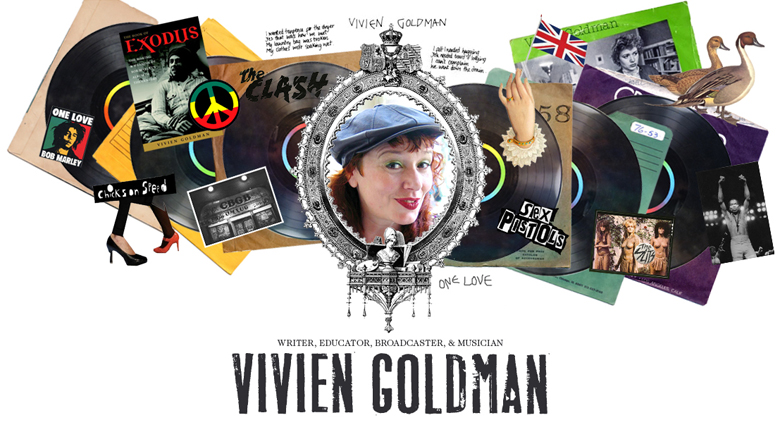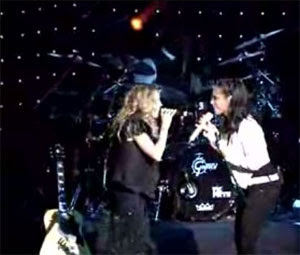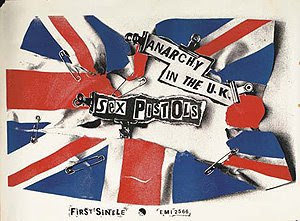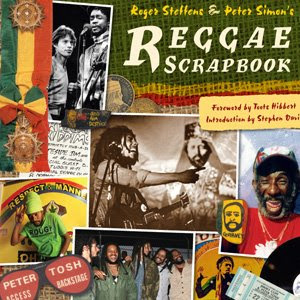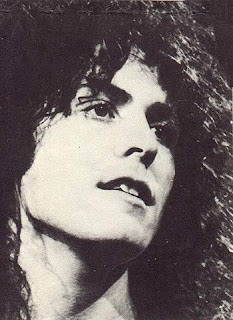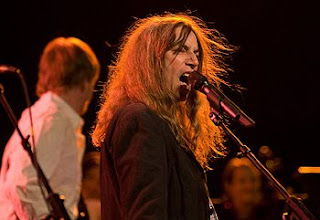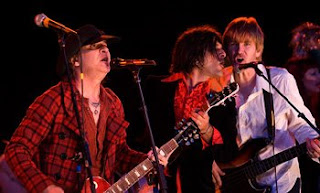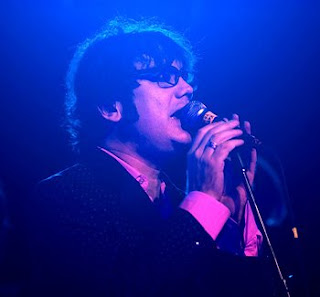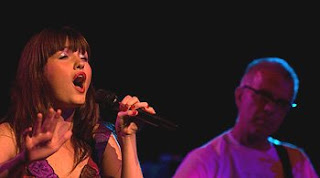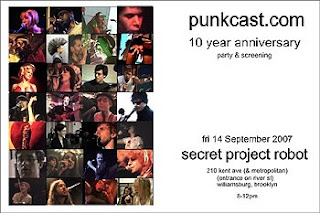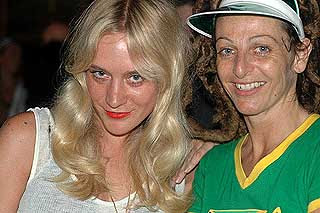How would you define the differences between Punk and Ska, both the music and the lifestyles?
Hey Drew S.,
You've got the Jamaica/UK connection that people in the US don't generally know as much about, because it was such a U.K. thing. But reggae was the original soundtrack to punk basically because it was the most happening sound around back then, and they were both kinda rebel music from the underclass. Ska, the music that kicked off Jamaican Independence in the early 1960s, was known for its "rude boys", loosely equivalent of punks or, arguably, gangstas. Right after Punk's first wave of Pistols, Clash, Slits, Stranglers, etc, ska really came to the forefront of mass consciousness. Those Two Tone bands like the Specials and Madness who used lots of black and white in their artwork, were often racially mixed and wore the sort of pork pie hat Brad Pitt goes for, all played ska.
Punk and ska could possibly be seen as a bit alike, just 'cos they're both way up in the BPMs, and their speed makes them both perennials among kids with energy to pogo. But you make an interesting point, Drew, when you refer to the punk lifestyle. Now that means something -- often living somewhat outside of society or even off the grid altogether; trying to act communally to change the problems you see around you. But the "ska lifestyle" as such doesn't exist to the best of my knowledge, other than as maybe an upbeat mentality, or a tendency to dance all night and look sharp in a monochrome wardrobe that always co-ordinates. If you, fierce reader, know of a jumpin' ska lifestyle I've been missing out on, please write so us BBC Americans can all get together and do the ska! ska! ska! Thanks, rude boy! Or is that rude girl?
Lady V,
The term "bottom line" is most often used in business to mean goals based on strict accounting criteria. Is this concept in tune or in conflict with punk ethics and punk business practices? What is the punk business ethic and where does it stop?
Love and Donuts, Neonsandwich
Dear Neonsandwich,
You're basically asking a very Christmas question: how much is enough? Obviously, that's the problem with rampant and unbridled capitalism; the greedy mentality that Bob Marley described as the big fish that eat small fish, who "would do anything to materialize their every wish" in his song 'Guiltiness'. But it seems that so-called socialism in action often fares little better, leading one to think that maybe no system works and humans are doomed to lurch from one misguided attempt at a functioning society to another. Personally I'm a simple liberal humanist with no economic background, but you inspired me to look up "compassionate capitalism" and found that there's lots about it online. Major companies are now becoming aware that giving back to the community is both good PR and a great way of establishing brand loyalty. So it may be in a slightly twisted way, but punk ideas are filtering through the system it kicks against.
When pioneering punk indie label Rough Trade Records started out, they operated a 50/50 system with their artists, and their publishing company gave an unusually generous royalty to their songwriters (who included me.) It was an unprecedented business angle that earned a lot of loyalty; but sadly for the indie spirit, didn't stop their publishing catalog from winding up as yet another asset of the mega-multinational, Universal. But the favorable publishing splits they gave to artists weren't why that incarnation of Rough Trade went down; and their "No Rip Off!" spirit still serves as a good ethical guideline for punky entrepreneurs.
The bottom line is that 'cos it's designed to deal with reality, punk is all about the bottom line.
Love and tofu cheesecake to Neonsandwich, who wants you to check his music and ideas online, please.
Since we last met....
Pioneering trip-hoppers Portishead broke a decade's silence to play at A Nightmare Before Christmas at a kitschy British holiday camp in the seaside resort of Minehead... and Carbon/Silicon finally played NY...
The Clash were one of the main UK punk bands to support hip-hop. Post-Clash, guitarist and songwriter Mick Jones has had other bands, but in his new combo who we've talked about before, Carbon/Silicon, he reunites with one of his oldest mates, Tony "TJ" James. Our Spy at NY's High Line Ballroom was Jody Worth, writer/producer (Deadwood, NYPD Blue) and ex-lead singer of Blow-Up (www.blowupband.com). OK, he's a mate of the band's -- but the man's punk enough to tell us if they were awful!
Says Jody:
"First visit to Highline Ballroom, and what better reason? Mick Jones's first appearance on a New York stage in 12 years -- Tony James' in 17. This show is sold out too, punters ranging from teens to 60s. When the band hit the stage it's hard to tell who's happier, the crowd to see them, or Mick and Tony to be there. Two geezers, each in smart, dark suits, like a punk rock version of the Kray Twins. Mick smiled and joked, "What are you cheering for? We haven't done anything yet!"
An American tour is penciled in for March/April.
P.S: Jody sez check out Brendan Mullen's new book Live at the Masque: Nightmare in Punk Alley.
It's a stone fact that as the Clash pointed out, punk and hip-hop are umbilically connected. My key compadre covering British music back in the day was the vivacious photographer Janette Beckman, who became the premiere portraitist of early NY hip-hop, as captured in her new book, "The Breaks: Stylin' and Profilin' 1982-1990" (PowerHouse Books)


I happened to be in JB's Lafayette Street studio in NYC when she shot this picture of Slick Rick. He's holding guns, but I remember how he was extremely twitchy that day, so they obviously weren't making him feel more confident. In his essay for 'The Breaks', writer Tom Terrell describes the rapper: "Slick Rick; black eye patch, bejeweled velvet crown, and rakish gold-toothed grin, gold dookie/rope/link chains around his neck, each diamond encrusted silver ringed hand clutching a gold gat..."

So this column is dedicated - or livicated as the Rastas say -- to Tom.
